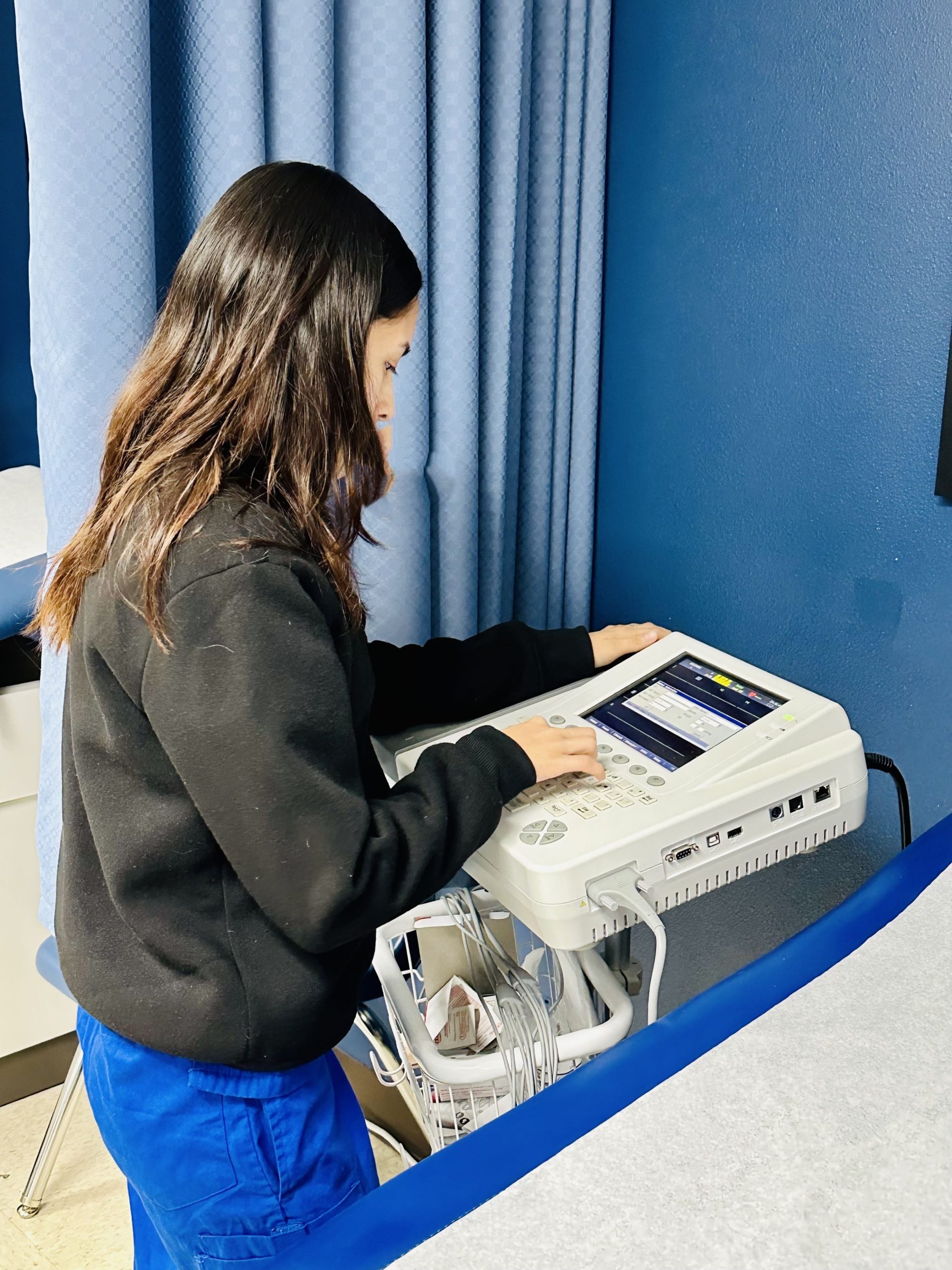
Learning how to take an electrocardiogram (EKG) is a key component of a medical assistant program. Here’s why:
1. Patient Assessment: As a medical assistant, you will be responsible for performing basic patient assessments, including measuring vital signs. Learning how to take an EKG allows you to assess the electrical activity of the heart, providing valuable information about a patient’s cardiac health.
2. Diagnostic Tool: EKGs are commonly used as a diagnostic tool to identify various cardiac conditions, such as arrhythmias, heart attacks, and heart rhythm abnormalities. Understanding how to perform an EKG and interpret the results can help you assist healthcare providers in making accurate diagnoses.
3. Patient Monitoring: EKGs are often used to monitor patients with known cardiac conditions or those undergoing certain medical procedures. By knowing how to take an EKG, you can assist in monitoring patients’ heart rhythms and detecting any changes or abnormalities.
4. Collaboration with Healthcare Providers: As a medical assistant, you will work closely with healthcare providers, including physicians, nurses, and cardiologists. Understanding how to take an EKG allows you to effectively communicate and collaborate with these professionals, as you can provide them with accurate EKG readings and assist in their assessment and treatment plans.
5. Expanded Job Opportunities: Having the skill to perform EKGs can enhance your job prospects as a medical assistant. Many healthcare facilities, such as hospitals, clinics, and cardiology offices, require medical assistants who can perform EKGs. By acquiring this skill, you increase your chances of securing employment in a wider range of healthcare settings.
During your medical assistant program, you can expect to learn about the anatomy and physiology of the heart, EKG equipment and techniques, proper electrode placement, and how to interpret EKG waveforms. Hands-on practice and clinical experience will further refine your skills in taking EKGs.
It’s important to note that while medical assistants can perform EKGs, the interpretation and diagnosis of EKG results are typically done by healthcare providers, such as physicians or cardiologists. If you are looking for the skills necessary to perform EKG’s, vital signs, phlebotomy, pharmacology and so much more. The Allen School of Health Sciences can be the medical assistant school for you. Learn more about our medical assistant program. www.allenschool.edu
